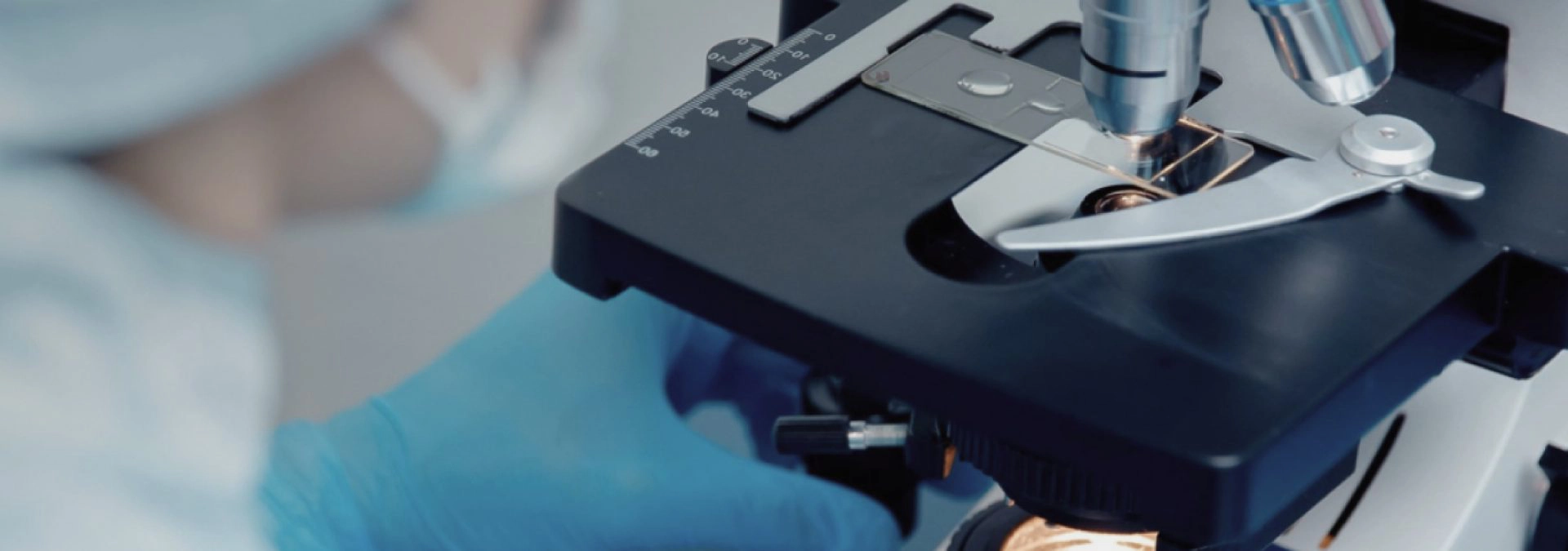- Events
26/06/2025

Stay up to date with TransCure bioServices: where scientific progress meets ethical responsibility – including model innovations, collaborative success stories, and our ongoing commitment to animal welfare.
26/06/2025
03/06/2025
22/05/2025
12/05/2025
30/04/2025
30/04/2025
30/04/2025
17/04/2025
10/03/2025
07/03/2025
17/02/2025
17/02/2025
